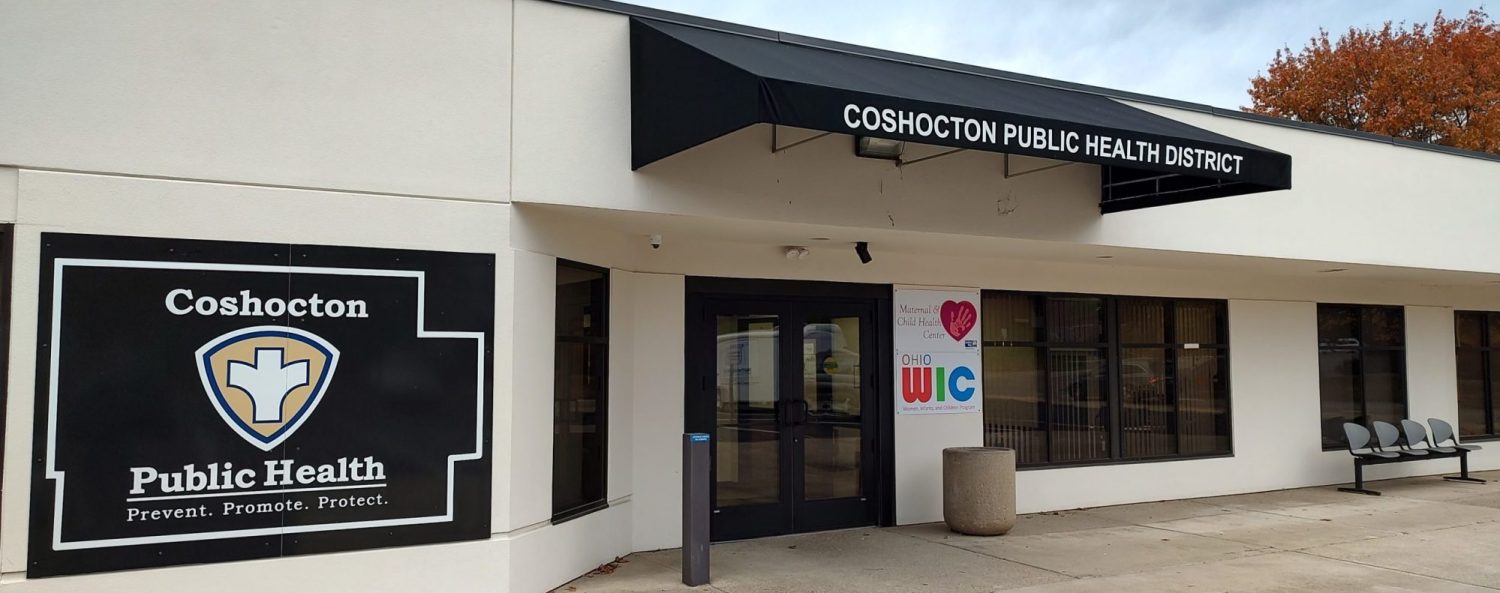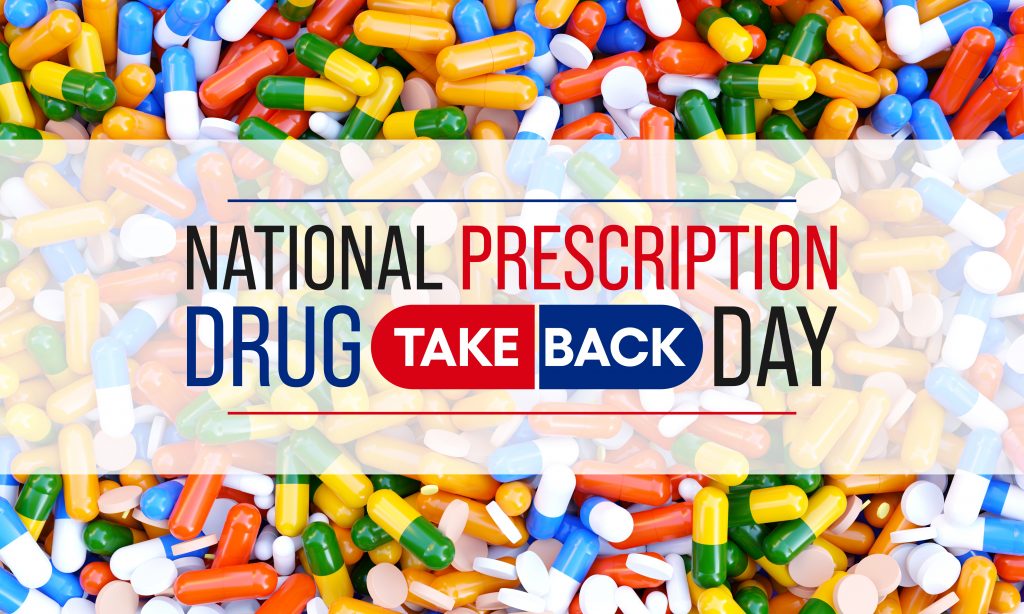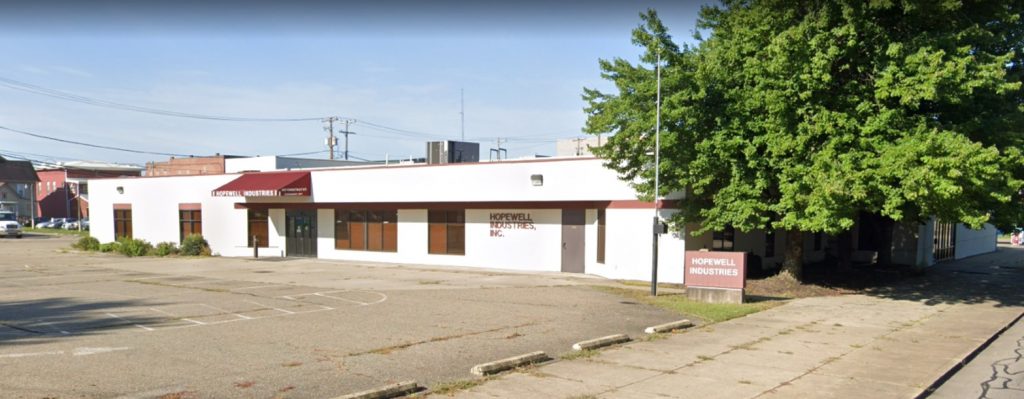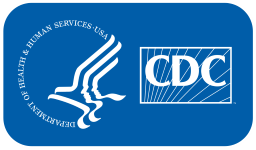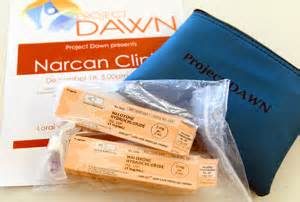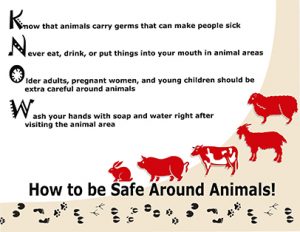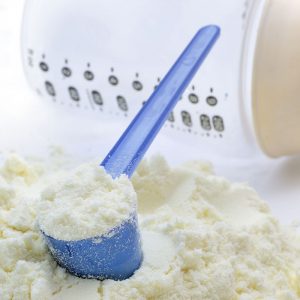
Why Is It Happening?
Let’s start by catching everyone up to how we have found ourselves in a formula shortage in the first place?
Back in February of this year, the FDA announced an investigation into some consumer complaints of Cronobacter and Salmonella related to consumption of powdered infant formula produced by a specific Abbott Michigan facility. Therefore, on Feb. 17, Abbott initiated a voluntary recall of potentially affected products. This recall has put a strain on the supply chain of not just Abbott’s products, but all formula.
As a Registered Dietitian, I would like to offer some guidance to our Coshocton County caregivers.
Breastfeed if Possible:
First off, please remember that breast milk contains all the nourishment your baby needs! If you are a mom that is partially breastfeeding or worried whether baby is getting enough from your breastmilk and are get low on infant formula, producing more milk can help! This involves breastfeeding more often so your body starts to produce more milk.
-
Whether you are partially breastfeeding and want to increase your breast milk supply, wanting to relactate if you’ve recently stopped breastfeeding, or you’re worried about not making enough milk, reach out to the Ohio’s 24/7 Breastfeeding Hotline at 888-588-3423 or text “BFHOTLINE” to 839863. WIC is also available with local breastfeeding support by calling 740-622-2929.
Risks of Homemade Concoctions or Diluting Formula:
If breastfeeding is not an option for you, formula can be the sole source of nutrition for infants.
Parents and caregivers, please do NOT dilute infant formula and or make homemade infant formula. It can be dangerous for your baby!
The FDA is advising parents and caregivers to not make or feed homemade infant formula to infants. Parents or caregivers of infants who have consumed a homemade infant formula should contact their healthcare provider and report any symptoms to their local Health Department.
Infant formula is strictly regulated by the FDA and has requirements for certain nutrients in infant formulas, and if the formula does not contain these nutrients at or above the minimum level or within the specified range, the infant formula is “adulterated”. Homemade infant formula recipes have not been evaluated by the FDA and may lack nutrients vital to an infant’s growth.
The FDA has recently received adverse event reports of hospitalized infants suffering from hypocalcemia (low calcium) that had been fed homemade infant formula.
The FDA generally regulates commercially available infant formulas, which are marketed in liquid and powder forms, but typically does not regulate recipes for homemade formulas. The FDA does not recommend that parents and caregivers make infant formulas at home because of serious health and safety concerns. The potential problems with homemade formulas include contamination and absence of or inadequate amounts of critical nutrients. These problems are very serious, and the consequences range from severe nutritional imbalances to foodborne illnesses, both of which can be life-threatening. Because of these severe health concerns, the FDA strongly advises parents and caregivers not to make and feed their infants homemade infant formulas.
Parents and caregivers with infants who have consumed homemade formula should contact their health care provider to report any symptoms and receive care.
To report a complaint or adverse event (illness or serious allergic reaction), you can call an FDA Consumer Complaint Coordinator if you wish to speak directly to a person about your problem at 800-437-2382.
Consider Using an Alternate Formula:
If your baby’s usual formula is out and you’re running low at home, any formula is better than no formula. This includes generic brands, and maybe even switching to a different formula that is on the shelf.
So, how do “house brand” or generic infant formulas compare nutritionally to name brand formulas?
Per the FDA, all infant formulas marketed in the United States must meet the nutrient specifications listed in FDA regulations. Infant formula manufacturers may have their own proprietary formulations but they must contain at least the minimum levels of all nutrients specified in FDA regulations without going over the maximum levels, when maximum levels are specified. Thus generic formulas are considered safe for your child.
If you do end up switching formulas for your infant, it is important to talk to your baby’s health care provider. Most babies adjust quickly, but it could take a week or two for your baby’s digestive system to get used to a new formula. If you have any questions, reach out to our local WIC office for advice and support! Again, that number is 740-622-2929.
How to Get What Your Baby Needs:
- To succeed with breastfeeding, contact Ohio’s 24/7 Breastfeeding Hotline at 888-588-3423 or text “BFHOTLINE” to 839863. WIC is also available with local breastfeeding support 740-622-2929.
- For infant formula, call the store first and ask for product availability.
- Many stores have set purchase limits to prevent stockpiling. Please avoid stockpiling and be mindful of other families.
- If you arrive at the store and do not see the formula you need on the shelf, consider asking a store associate for assistance. If the first person you ask is unsure, consider asking a second associate.
- Ask the store when the next shipment arrives.
- Ask the store when shelves are usually stocked.
- You can talk to the pharmacy to see if they can help.
- Do not dilute your formula. Follow instructions for safe formula mixing.
- Do not try to make homemade formula.
- If your child is on specialty formula, talk to the store pharmacy to see if they can help or try Central Ohio Specialty Care at (614) 790-0200.
- Please beware: Formula and/or breast milk sales or donations from individuals via the internet are not regulated. Studies have shown that breastmilk purchased from an individual over the internet are often thinned with water, cow’s milk, alternative plant milks, or contain traces of medications/drugs that the seller is not transparent about.
Specific advice for our WIC families:
- Please do not wait until end of the month to purchase your benefits.
- Call your child’s healthcare provider about prescribing an alternative formula if the one currently prescribed is unavailable or difficult to find.
- If you rely on WIC benefits for your formula and are unable to locate it at a WIC vendor, consider going to a non-WIC store to purchase formula with your SNAP or TANF benefits.
Again, the local WIC office is staying apprised of the formula situation closely for our Coshocton area. You can reach out for guidance and help calling 740-622-2929.
